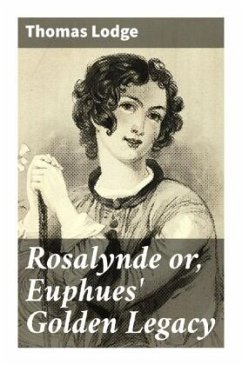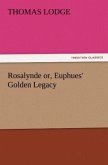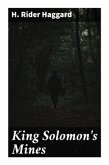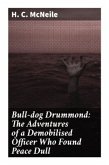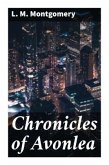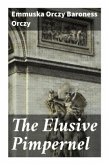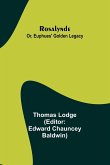Thomas Lodge's "Rosalynde or, Euphues' Golden Legacy" is a poignant exploration of love, loyalty, and social commentary wrapped in the shimmering aesthetics of early 17th-century prose. As a seminal work that merges elements of romance and pastoral tradition, it offers a rich tapestry of Elizabethan themes such as idealized love and the complexities of human emotion. The narrative, rooted in Lodge's own experiences and observations, reflects the intricate social dynamics of his time, employing a style reminiscent of John Lyly's "Euphues" while also paving the way for future romantic literature. Thomas Lodge, a physician and playwright, lived during a transformative period in English literature that bridged the Renaissance and the Early Modern era. His diverse background-in both medical and literary pursuits-afforded him a unique perspective on the human condition, often reflected in his writings. Lodge's personal experiences, including his romantic entanglements and travels, undoubtedly influenced the emotional depth and social critiques present in "Rosalynde," establishing him as a pivotal figure in shaping narrative conventions of love. This book is highly recommended for readers interested in the intersection of romance and early English literature. Its blend of lyrical prose, rich character development, and insightful social commentary makes it not only a delightful read but also an essential study for understanding the evolution of narrative literature in the English canon.
Bitte wählen Sie Ihr Anliegen aus.
Rechnungen
Retourenschein anfordern
Bestellstatus
Storno

